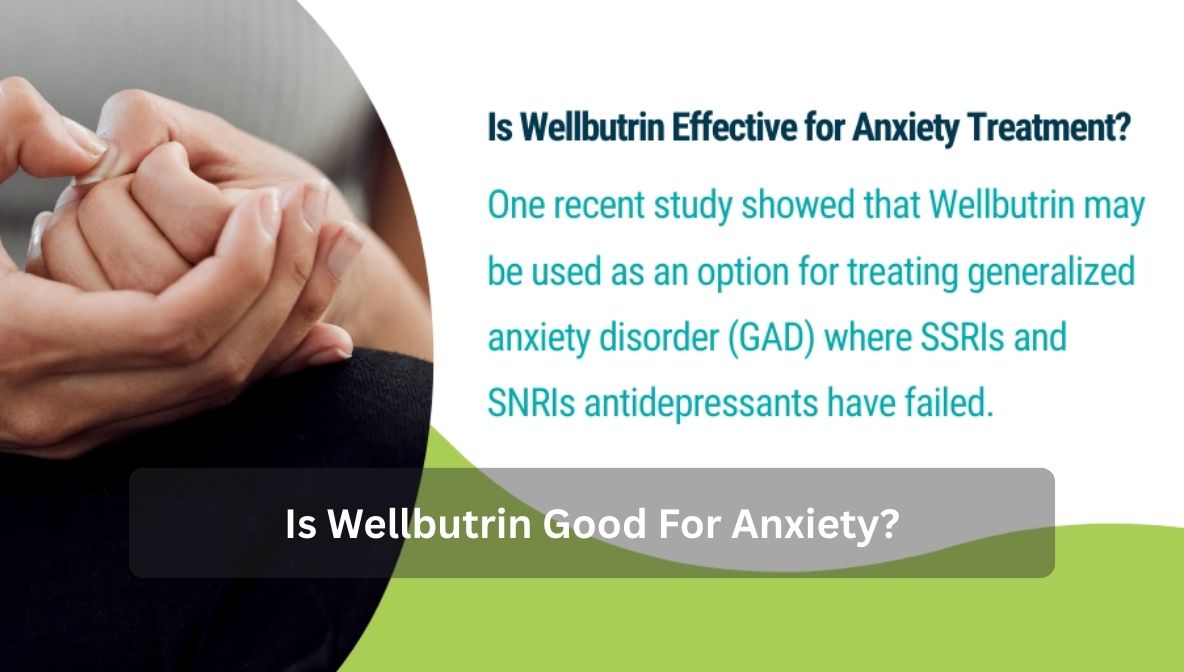- Wellbutrin is mainly used for depression, not directly for anxiety.
- Anxiety effects on it can be different for different people.
- It’s critical to get advice from a doctor before beginning a new medication or moving off of one.
| Medication Type | Main Brain Chemical Targeted | Common Use | Effect on Anxiety Symptoms |
|---|---|---|---|
| Wellbutrin (Bupropion) | Dopamine & Norepinephrine | Depression, SAD, Smoking | May reduce or worsen anxiety |
| SSRIs (e.g., Zoloft) | Serotonin | Depression, Anxiety | Often reduces anxiety |
| Benzodiazepines | GABA | Anxiety, Panic Disorders | Strong short-term relief |
Note: It’s important to remember that everyone’s body responds to medication differently. What’s helpful for one person might not work for another.The big question many are left asking is whether or not Wellbutrin can actually reduce anxiety symptoms. The truth is, there is no one-size-fits-all response to this question; it depends on what type of anxiety you experience and what kind of health you are into. For instance, certain studies indicate that Wellbutrin might help alleviate symptoms of generalized anxiety disorder (GAD) if you also have depression. But in individuals with panic disorder or social anxiety, Wellbutrin can be an ineffective medication. One reason doctors are hesitant to prescribe Wellbutrin for anxiety is that it can be activating and may trigger increased restlessness or internal agitation in people who already feel that way. If a person is already high in nervous energy, Wellbutrin might make that worse. Alternatively, if they tend to be more low motivation, low focus, and depressed, maybe Wellbutrin could offer a lot in return. Here’s a closer look at how Wellbutrin can affect various types of anxiety:
| Type of Anxiety Disorder | Possible Effect of Wellbutrin |
|---|---|
| Generalized Anxiety Disorder (GAD) | May reduce symptoms if depression is also present |
| Panic Disorder | May increase panic or jitteriness in some cases |
| Social Anxiety Disorder | Mixed results; some benefit, some worsening |
| Seasonal Anxiety with Depression | Often beneficial due to mood-lifting effect |
Reminder: Never start or stop a medication without consulting your physician.While Wellbutrin is not generally the firstline treatment for anxiety, it offers some advantages to consider. For one, unlike several SSRI’s or benzodiazepines, weight gain and sexual side effects are generally not an issue with Wellbutrin, which are the most common complaints with other anxiety drugs. Wellbutrin may be an appealing choice for people who are concerned about side effects. Secondly, if depression with its comorbid anxiety is an issue for you, Wellbutrin can help with combined depression and anxiety. And because it boosts dopamine as well as norepinephrine, many patients say they feel clearer, more energetic, and probably more motivated. This might also decrease anxiety indirectly by enhancing productivity and self-confidence. Another advantage is that Wellbutrin is occasionally utilized for smoking cessation. For people with anxiety associated with quitting smoking, Wellbutrin can provide a remedy for both conditions. Example: Consider the person who has social anxiety and is a smoker. Quitting smoking can be stressful, but Wellbutrin may also work to ease withdrawal symptoms while still supporting mood. And so the drug is doing double duty. Whereas Wellbutrin has numerous advantages, it is crucial to consider these against any possible side effects and individual health requirements. Wellbutrin is not without its risks and side effects, like any drug. For some, it makes anxiety worse, not better. Common side effects include:
- Nervousness or jitteriness
- Insomnia or trouble sleeping
- Dry mouth
- Increased heart rate
- Irritability

